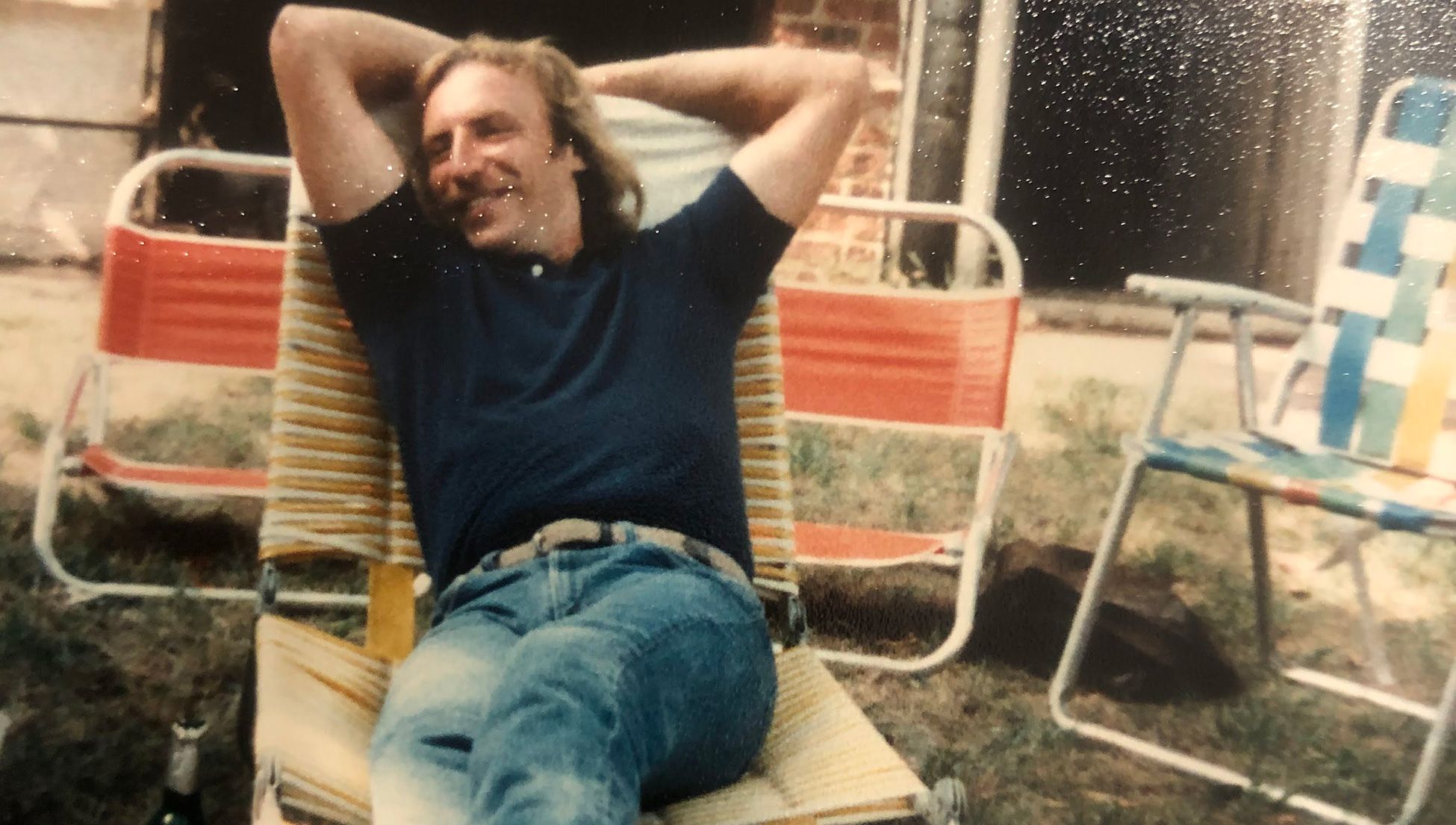Key insights
-
1
The Role of Guilt and Regret
The article explains that feelings of guilt and regret are common after a loved one’s death. People often replay past events, questioning their actions and wondering if they could have done something differently to prevent the loss.
-
2
Human Need for Control
Self-blame can be a psychological mechanism to regain a sense of control in the face of an uncontrollable event. By blaming themselves, people may feel they have some power over the situation, even if it is misplaced.
-
3
Impact on the Grieving Process
Self-blame can significantly hinder the grieving process. It can lead to prolonged feelings of sorrow and prevent individuals from moving forward in a healthy manner.
-
4
Coping Mechanisms
The article suggests various coping mechanisms, such as seeking therapy, talking about the feelings with friends and family, and practicing self-compassion, to help individuals deal with self-blame and move through their grief.
Takeaways
Self-blame after the death of a loved one is a common but detrimental response that can impede the grieving process. Understanding the psychological roots of these feelings and employing coping strategies can help individuals navigate their grief more effectively.

